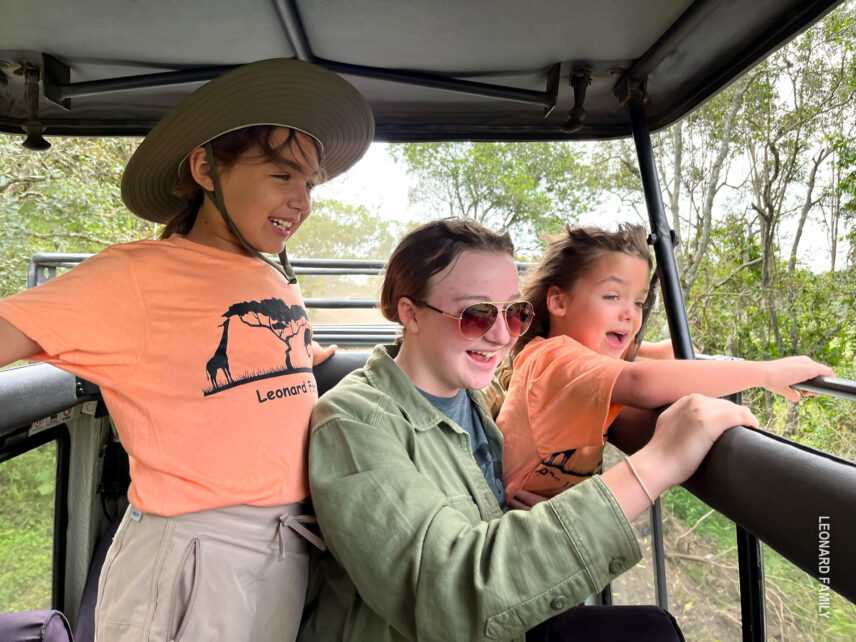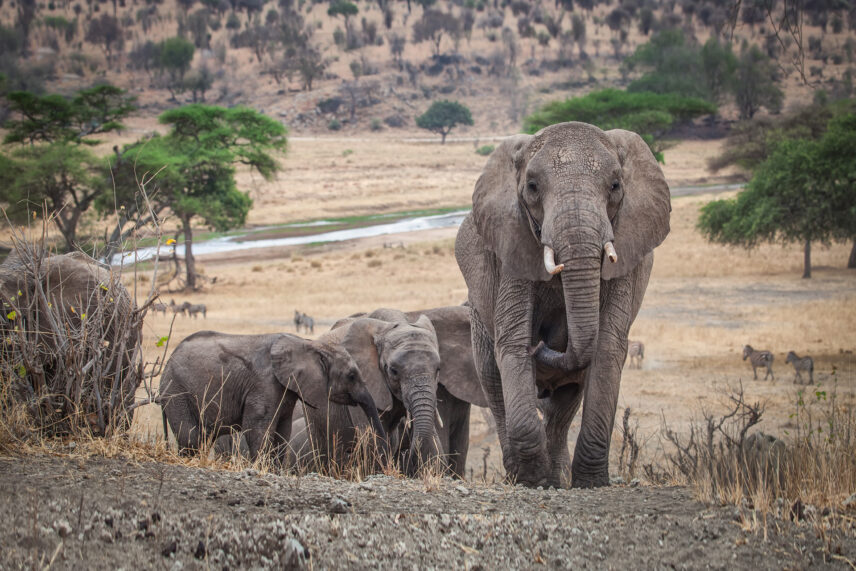
Jan 10, 2025
How to Prepare Your Kids for Safari
A family safari is a once-in-a-lifetime experience that sparks curiosity and wonder in children. The magic of seeing wild animals up close, learning about different cultures, and marveling at the…

Nov 06, 2024
What to Expect on a Green Season Safari
Travel in the off-season anywhere in the world, and you’ll be rewarded with the usual perks like fewer crowds and affordable prices. Safaris in the green season provide these…

Sep 16, 2024
3 Amazing Places to See Elephants in Tanzania
The sun hangs low in the sky, and everything feels like it’s starting to slow down in the Serengeti when you notice that the Land Rover is stopping near a…

Aug 30, 2024
How’d You Get That Shot? Wildlife Photography with Mark Manne
Capturing nature’s most awe-inspiring moments takes much more than good luck and a quick trigger finger. Careful planning, serious skill, and a little bit of luck are needed to create…

Jul 18, 2024
7 Reasons to Go on a Family Safari with Thomson
Safaris can be life-changing trips, but there are few experiences for kids that are more powerful. Imagine seeing the majesty of the Big 5 as a little one: that’s an…

Jul 15, 2024
The Ultimate Guide to Safari-Ready Cameras
There are few moments more rewarding than hearing your camera click on a tower of giraffes nipping at the treetops or cheetahs chasing prey with heart-stopping bursts of speed. Yet finding the…

May 23, 2024
When is the best time of year to go on safari?
Tanzania’s landscape changes dramatically over the course of a year. The dry season exposes hidden watering holes and makes for better predator visibility. The green season brings lush vegetation, perfect…

Apr 03, 2024
Photography Instructor Don Toothaker Discusses Tanzanian Safaris and Photo Travel
Seeing photographers flourish on safari ignites a spark of pride in Don Toothaker. He’s a professional photography instructor with over a decade of instructional experience, and he recently led…

Jan 05, 2024
What is the Perfect Day at Gibb’s Farm?
Condé Nast recently crowned Gibb’s Farm the #1 hotel in East Africa, and Travel + Leisure has twice named it the #1 Safari Lodge in Africa. Not…

Sep 19, 2022
6 Reasons to Explore Tarangire National Park on Safari
Tanzania’s best-kept secret may just be Tarangire National Park, a sprawling wildlife hotspot bestrewn with elephants, baobabs, big cats and green acacia wilds. Named after the…

Sep 09, 2022
Smartphone Photography on Safari: Pros and Cons
Once unthinkable, smartphone photography on safari is now relatively common. But what are the strengths and limitations of a smartphone camera? Can you go on safari with just your smartphone,…

Jun 22, 2022
Your Guide to the Best Safari Souvenirs in Tanzania
Souvenirs are palpable reminders of the incredible memories we make on safari. Art pieces, wood carvings, jewelry, beadwork; a piece of the adventure lives on, always, in the keepsakes on…


